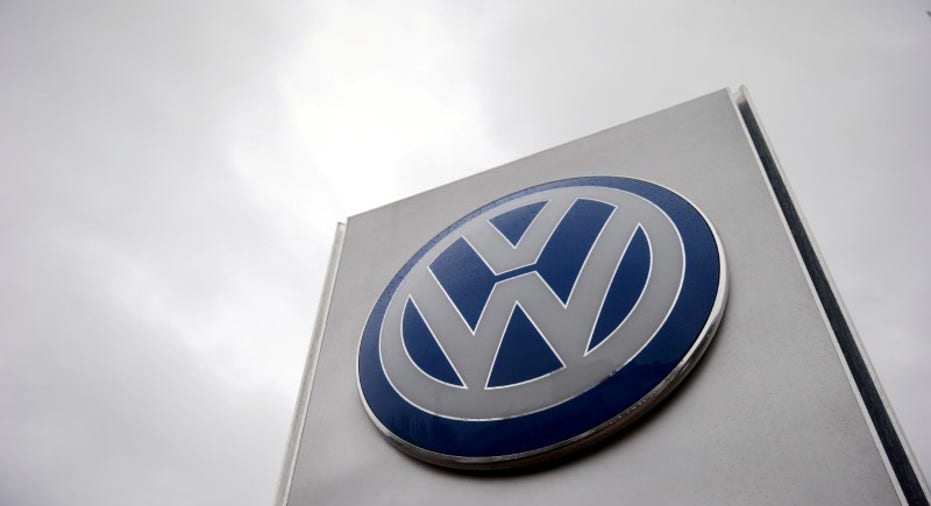VW Reaches Agreement on Fixes, Buybacks

WASHINGTON – Volkswagen AG has reached an agreement with U.S. regulators for a mix of buybacks and fixes for 80,000 polluting Audi, Porsche and VW 3.0-liter vehicles, two sources briefed on the matter said Tuesday.
The agreement includes a buyback offer for about 20,000 older Audi and VW SUVs and a software fix for 60,000 newer Porsche, Audi and VW cars and SUVs, the sources said. A separate, more complex fix is expected to be offered for the older vehicles. Talks are ongoing between lawyers for the owners and Volkswagen over compensation for the owners ahead of a Nov. 30 court hearing.
Volkswagen, which has already agreed to spend up to $16.5 billion to resolve U.S. diesel emissions cheating allegations, and the U.S. Environmental Protection Agency declined to comment Wednesday.
Audi spokesman Mark Clothier said the company is "working hard to make things right... As noted in court we are making substantial progress in our efforts to reach an approved resolution," but declined to discuss the status of the vehicles.
VW previously agreed to spend up to $10.3 billion to buy back as many as 475,000 polluting 2.0 diesel vehicles. Court documents show that at least 60 percent of those owners have already signaled they plan to sell the vehicles back.
That included compensation of $5,100 to $10,000 per vehicle. Volkswagen wants to offer significantly less compensation to 3.0 liter owners, the sources said.
The 2.0-liter diesel vehicles have software that allowed them to evade emissions rules in testing and emit up to 40 times legally allowable emissions in onroad driving. The 3.0 liter vehicles have an undeclared auxiliary emissions system that allowed the vehicles to emit up to nine times allowable limits.
Audi has also come under scrutiny over whether some gasoline vehicles have separate software that lowered carbon dioxide emissions by detecting whether a car's steering wheel was turned as it would be when driving on a road.
VW has been barred from selling diesel vehicles in the United States since 2015 and has said it has not decided whether it will resume U.S. diesel sales.
(Reporting by David Shepardson; Editing by Chizu Nomiyama and Nick Zieminski)



















